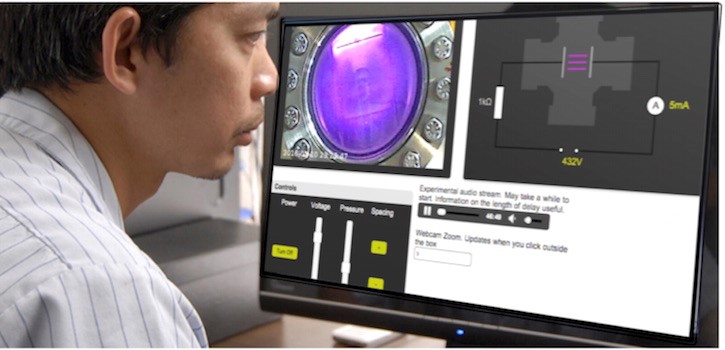Physics Education Research and Scholarship

The School of Physical Sciences at The Open University is at the forefront of Physics Education Research in the UK. We use a range of quantitative and qualitative techniques to investigate the effectiveness of the teaching and learning of physics and astronomy, with a particular focus on higher and distance education. Our research interests encompass the full range of educational technologies, pedagogical methodologies and evaluative techniques that are required to support, sustain and improve the evidence-based teaching of physics. We have particular interests in:
- online experimentation
- e-assessment and its links to learning
- development of concept inventories
- physics education in an open and distance learning environment
- public engagement and physics outreach through a range of media
- aspects of equality, diversity and inclusion in physics education.
In addition to formal education research, members of our School also undertake Scholarship of Teaching and Learning (SoTL) to investigate the impact of teaching on students. We work in association with eSTEeM and the OpenScience Laboratory.
The establishment of the OpenScience Laboratory has enabled innovative approaches to teaching laboratory skills and practical techniques in a virtual setting. We seek to implement and evaluate digital technologies like this to advance the design and delivery of physics higher education. Our pedagogic research aims to understand how these digital technologies can be best exploited to support students’ conceptual development and mastery of skills.
The Open University has been at the forefront of research into e-assessment for many years and acts as the global coordinator of the assessment elements of the open-source learning-management system, Moodle. Our research has examined e-assessment as both a formative and summative assessment tool, and how it is best used to deliver effective feedback and reinforce learning. As with any developing technology, we are also keen to understand its affordances, with a recent project analysing perceived attainment gaps in achievement.
We aim to make use of learning analytics, statistical analysis and usability testing to build a firm evidence base around these innovative approaches to physics education. Further details of our individual interests and recent PER publications can be explored through the links below. Details of some of our Scholarship activity can be found on the eSTEeM website.